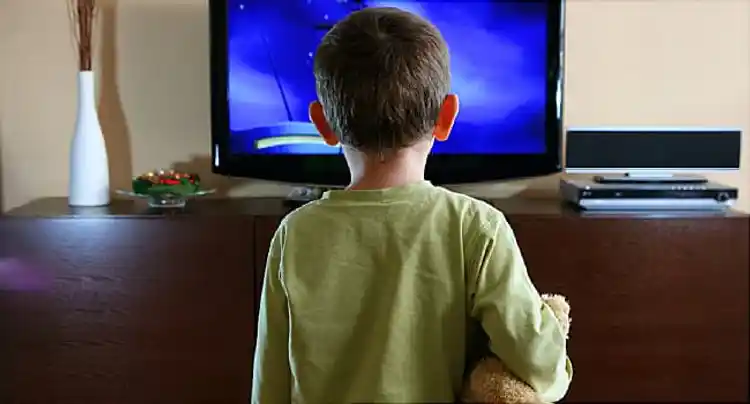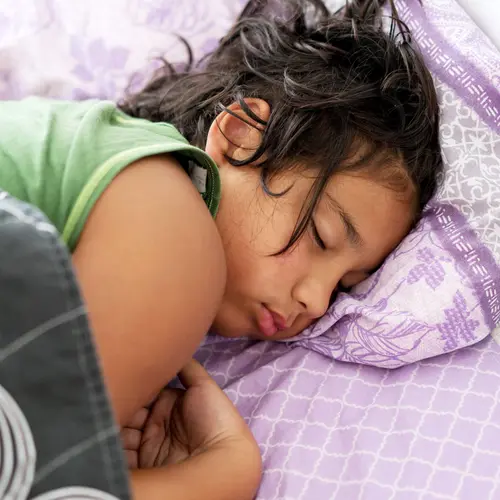Kids and Screen Time

Hide Video Transcript
Video Transcript
MADELINE LEVINE
Parents find it very difficult to tear their kids away from screens. Screens are seductive. They're made to be seductive. And it's no wonder that parents are concerned about the amount of time that their kids are on these devices, and with good reason. The American Academy of Pediatrics recommends that a child have no more than two hours of screen time total. That means all electronic devices. And there are reasons for that. The reasons are that too much screen time displaces other activities.
So we know that kids who are sitting in front of a television all day tend to be heavier, tend to be less creative, tend to have more difficulty with self-regulation, because everything's being presented to them, don't know how to make healthier choices, because the world is already constructed. They don't get to use their imagination.
I'd like to make a distinction. Not all screen time is equivalent. So you can have a child for hours on a first-person shooter game. That's a really bad idea, because we know that aggressive children who watch aggressive videos are made more aggressive. And that's something we certainly don't want more of in this country.
But that child is not the same as the creative child who's spending hours editing a film that he's making or working on digital photography. So I think you take the advice of the American Academy, and you look at your particular child and see whether or not it's displacing activities or enriching their learning.
And if it's enriching their learning, they get a little bit more leeway. Should they be on the screen absolutely all day? Absolutely not, because they do have other developmental tasks. They do need to go outside. They need to have a relationship with nature.
The other thing is our own use of screen time, which has for many of us become also excessive. We're addicted to things too. We're afraid we're going to miss something. And no matter what rules you get from anybody else, your child is watching you. And if they see you preoccupied with what's new or what am I missing, they're going to have the same attitude towards media.
So it's like check your child, but check yourself as well.

